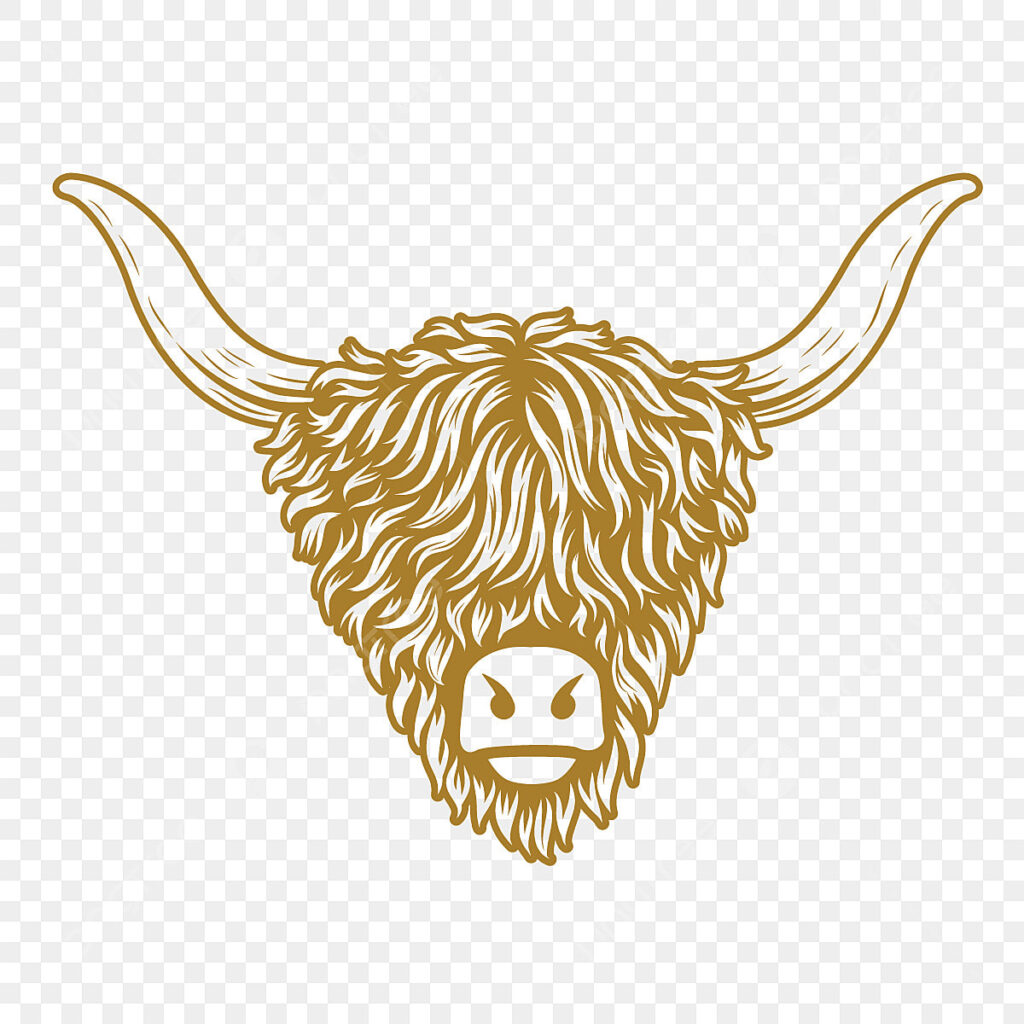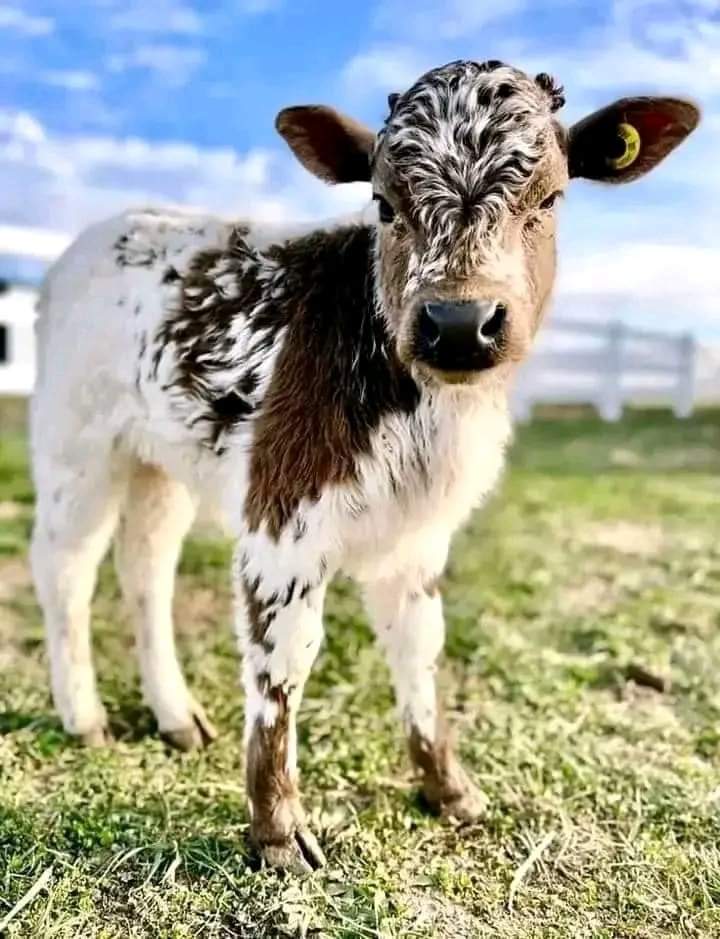Mini Highland cow, with their adorable stature and long, shaggy coats, have become increasingly popular among small-scale farmers and homesteaders. These gentle bovines are prized not just for their friendly nature but also for their ability to thrive in various climates. However, ensuring the health and longevity of your mini Highland cow starts with understanding their dietary needs. This ultimate feeding guide dives into what mini Highland cows eat, providing expert tips for raising happy and healthy cattle.
Understanding Mini Highland Cows and Their Dietary Needs
Highland cows are smaller versions of the traditional Highland cattle, bred for their manageable size and docile temperament. While their size might differ, their dietary needs are very similar to their larger counterparts. These cows are ruminants, meaning their digestive system is designed to process fibrous plant material. A balanced diet is critical to maintaining their health, promoting proper digestion, and ensuring they grow at a steady pace.
The Natural Diet of Mini Highland Cows
Forage: The Staple Food
Forage, such as grass and hay, forms the foundation of a mini Highland cow’s diet. Ideally, these cows should have access to pasture for grazing, as fresh grass is their natural food source.
- Grazing Requirements: Highland cows require about 2–3 acres of pasture per cow to ensure sufficient grazing material.
- Hay for Winter Months: When pasture isn’t available, such as during winter, quality hay is a must. Timothy, orchard grass, and alfalfa hay are excellent options.
Pro Tip: Always ensure that hay is clean, mold-free, and stored properly to prevent spoilage.
Supplements for Optimal Nutrition
While forage meets most of their dietary needs, Highland cows may require additional supplements to fill nutritional gaps.
Mineral Blocks
Providing a salt or mineral block ensures your cows get essential nutrients like calcium, phosphorus, and magnesium. Choose blocks specifically formulated for cattle for the best results.
Grain or Concentrates
In certain situations, such as when a cow is pregnant, nursing, or underweight, supplementing with grains can provide the necessary energy boost. However, grains should be offered sparingly to avoid overfeeding.
- Popular grain options include rolled oats, barley, and corn.
- Avoid excessive use, as high grain intake can lead to digestive issues.
Special Dietary Considerations
Diet for Calves
Mini Highland calves rely on their mother’s milk during the first few months of life. Gradually, they transition to grazing and eating hay as they grow.
- By 3–4 months, introduce high-quality forage and small amounts of grain to support healthy growth.
Pregnant and Lactating Cows
Pregnant or lactating mini Highland cow require higher caloric and protein intake. Consider supplementing their diet with protein-rich hay or additional concentrates.
Pro Tip: Consult with a veterinarian to develop a tailored feeding plan during pregnancy.
What to Avoid Feeding Mini Highland Cows
Certain foods can be harmful or even toxic to Highland mini cow. Here’s a list of things to avoid:
- Moldy or Spoiled Hay: Mold can cause respiratory and digestive issues.
- Brassicas (Cabbage, Kale): While some cows tolerate these in moderation, excessive amounts can lead to bloating.
- Toxic Plants: Watch for poisonous plants like hemlock, nightshade, or oleander in pastures.
- Excessive Grain: Overfeeding grains can disrupt their digestive system, causing acidosis.
Always monitor your cows during feeding to prevent them from ingesting harmful substances.
Seasonal Feeding Needs for Mini Highland Cows
Mini Highland cows’ feeding requirements can change with the seasons:
- Spring and Summer: With abundant grass, cows primarily graze and require minimal supplementation.
- Fall: Begin introducing hay as pasture quality diminishes.
- Winter: Hay becomes the main food source, and you may need to increase portions to keep cows warm.
How Much Should Mini Highland Cows Eat?
The amount of food a mini Highland cow eats depends on its size, age, and activity level.
- Forage Intake: Generally, Highland cows consume 2–3% of their body weight in forage daily.
- Supplements: Adjust supplements based on their condition or specific needs, such as pregnancy or weaning.
Regularly assess your cow’s body condition to determine if adjustments are necessary.
Maintaining Pasture for Mini Highland Cows
Healthy pastures are crucial for supporting a Highland cow’s diet. Follow these tips to maintain quality grazing land:
- Rotate Grazing Areas: Prevent overgrazing by rotating cows between pastures.
- Remove Toxic Plants: Conduct regular inspections to eliminate harmful weeds.
- Fertilize and Reseed: Enhance pasture quality with fertilizers and reseeding as needed.
Why Proper Feeding Is Essential for Mini Highland Cows
A well-balanced diet not only keeps Highland cows healthy but also ensures they thrive in any environment. Proper nutrition supports:
- Healthy Growth: Especially important for calves and young cows.
- Reproductive Health: Essential for pregnant and lactating cows.
- Disease Prevention: A strong immune system reduces the risk of illness.
FAQs
What do mini Highland cows eat on a daily basis?
Mini Highland cows primarily eat forage such as grass and hay. They may also need supplements like mineral blocks and, in some cases, grains.
Can mini Highland cows eat fruits and vegetables?
Yes, mini Highland cows can enjoy fruits and vegetables like apples and carrots as occasional treats, but avoid toxic options like onions or avocados.
Do mini Highland cows need a lot of pasture?
Yes, they require about 2–3 acres of pasture per cow for proper grazing. Supplement with hay during seasons when grass isn’t available.
What hay is best for mini Highland cows for sale?
Timothy, orchard grass, and alfalfa hay are excellent choices for mini Highland cows, offering balanced nutrition and fiber.
Do mini Highland cows eat grain?
Grains can be offered in moderation to meet specific energy requirements, but forage should always remain their primary food source.
How often should I feed my mini Highland cows?
If grazing on pasture, cows eat throughout the day. If feeding hay, ensure they have continuous access to prevent hunger and boredom.


